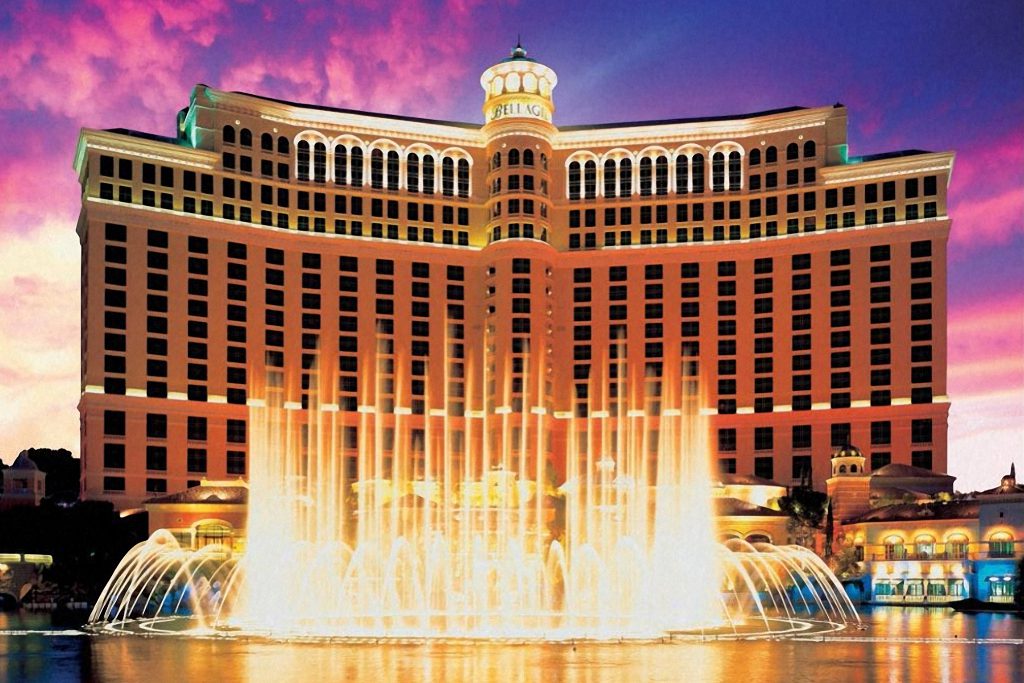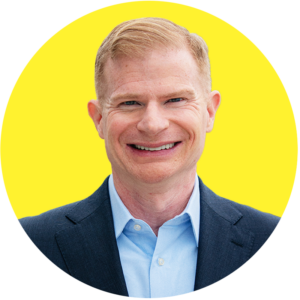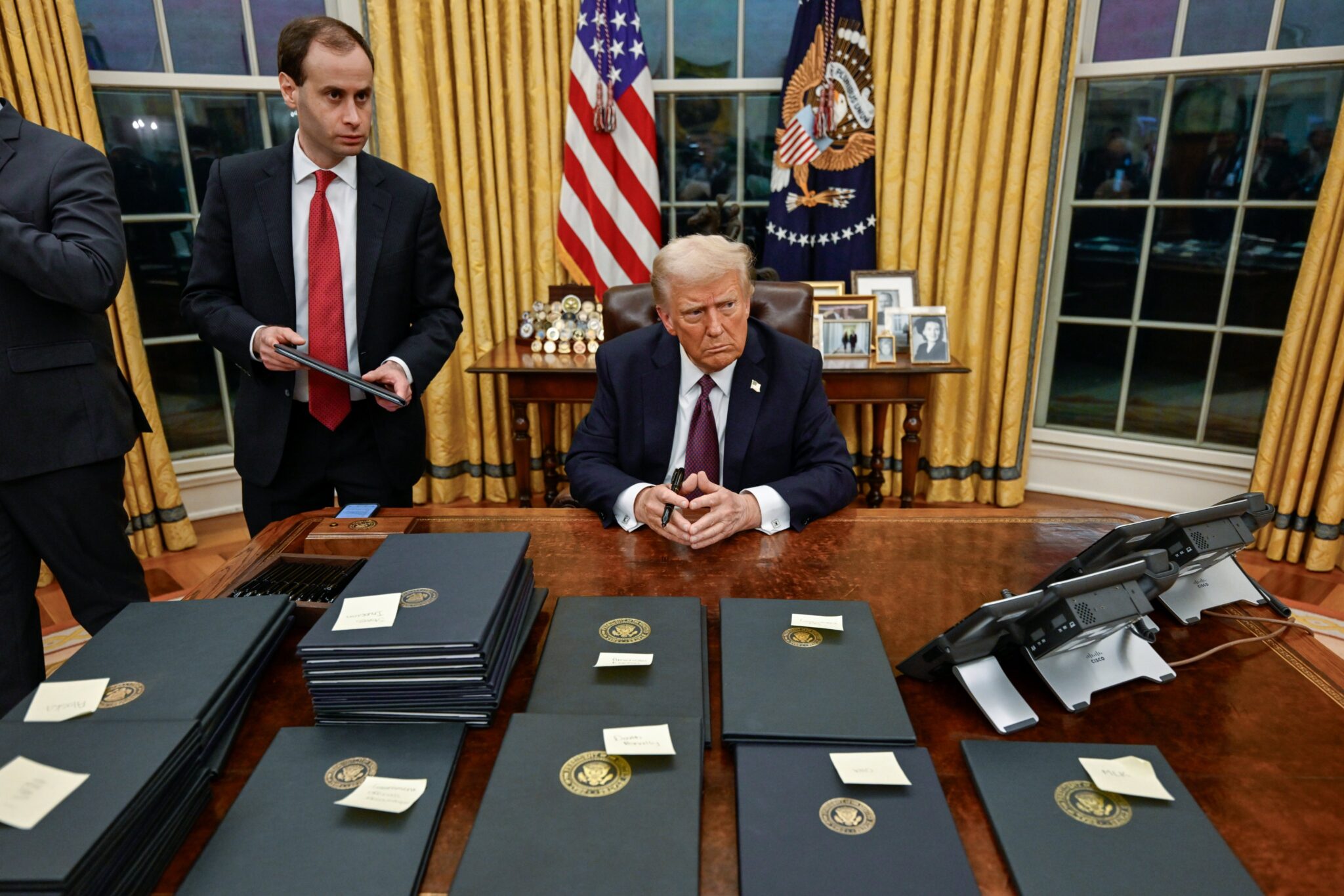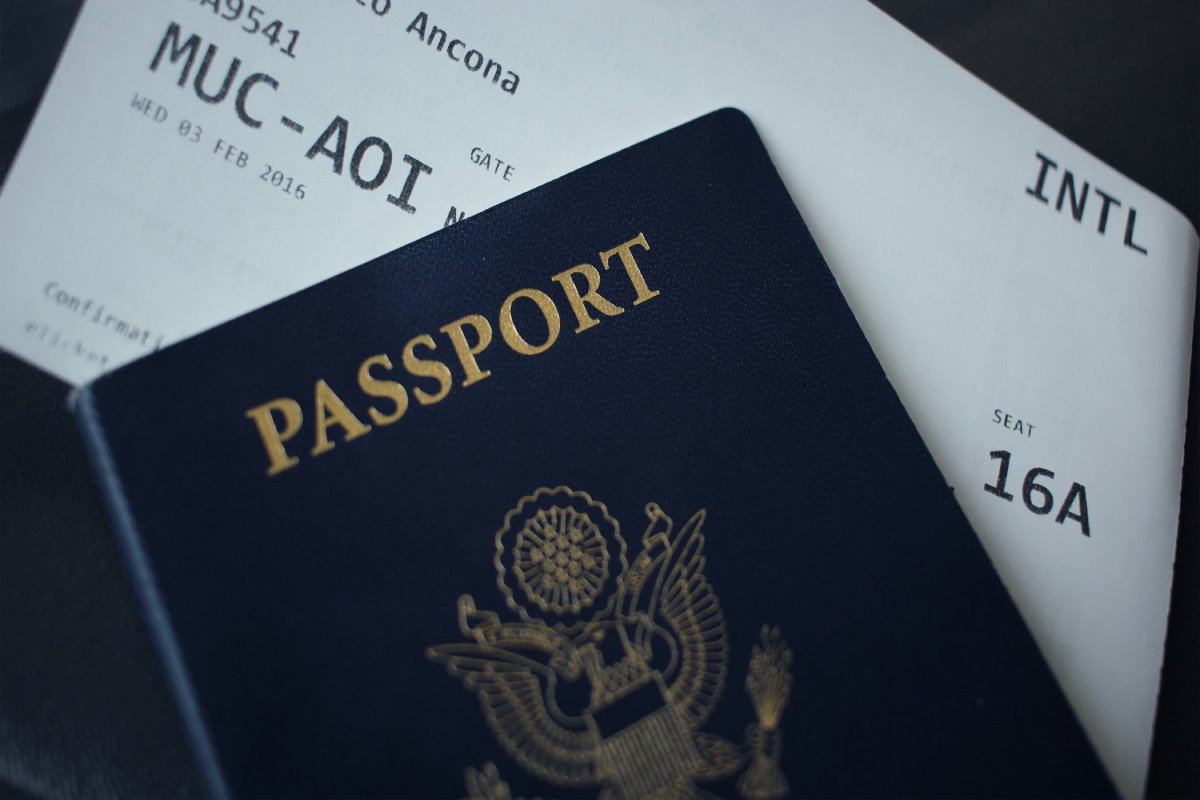Hoteliers Take a Harder Look at How They Set Room Rates

Skift Take
Some hotel operators — MGM Resorts, RLH, Omni, Radisson, and Melia — have been fine-tuning their efforts at setting rates for rooms, upgrades, and other services. They've been leveraging a growing prowess at automation and cross-department teamwork to set prices for maximum profit.
A case in point: MGM Resorts International has aimed to add tens of millions to its bottom line this year from enhanced revenue management.
MGM Resorts intends to focus more on reserving space for its most profitable customers —namely, gamblers, convention-goers, and leisure travelers who book directly. It can do that by targeting promotions to people who are more willing to spend on food, drink, and upgrades.
The Human Problem
Other hotel groups are also retooling their revenue management approaches in ways that focus less on technology and more on how teams operate.
Reflecting an industrywide move, RLH, owner of the Red Lion brand, is breaking down the silos between revenue managers and sales and marketing leaders.
This year, RLH is reorganizing its structure. It wants its revenue managers and sales and marketing decision-makers to act more in tandem, such as by sharing data and analytical tools.
The historical problem is that teams can have conflicting goals, tools, and incentives, and they often don't share data.
Revenue managers tend to focus on price-setting. Sales and marketing teams typically look at stimulating demand, such as by running email marketing campaigns or advertising on search engines like Google.
In a change, many hotel owners are insisting on greater cooperation among the teams. For example, rather than cut room rates, a hotel could use outbound sales and marketing efforts to grow demand in other ways.
Radisson has worked this year to improve its revenue management effort. The Sweden-based hotel group has in the past year adopted a new third-party software system and centralized the decision-making for using it at offices in London, Stockholm, and Frankfurt.
Radisson's goal is to leverage expertise, ensure consistency, and take taking advantage of guest data it collects from many points to measure promotion effectiveness.
Until now, hoteliers have mainly set rates for rooms. But computers now enable it and other hospitality companies to fine-tune its revenue management down to room type and length of stay. This year InterContinental Hotels Group (IHG) began using software from Amadeus to start offering so-called attribute-based selling, which recognizes that not all rooms are alike and, thus, deserve different prices.
Independents Looking for a Level Playing Field
Revenue management technology is, for the first time, scaling down to the level of a single property.
"What we are seeing is an unprecedented level of interest and action being taken by independent hotels around pricing and forecasting decisions," said Vivek Bhogaraju, director, revenue management platform solutions at Expedia Group.
If you remove the traditional barriers of adoption, such as by not requiring trained revenue management analysts and instead empowering hotel managers to make data-driven decisions, independent hoteliers are up for a fight, Bhogaraju said.
Tech Vendors Eye an Opportunity
Companies that sell software to help with revenue management are salivating at the prospect of increased sales.
In theory, the market potential is large for software that automates some parts of rate-setting.
Only 4 percent of the world's 600,000 hotels use revenue management software, Skift Research estimated.
If you include tools like Expedia's Rev+ rate guidance service, only 16 percent of hotels worldwide use revenue management tech, said Skift Research. For more context, subscribers can read Skift Research's The Hotel Revenue Management Landscape 2019 report.
Several mid-size hotel brands have been taking action.
For example, Omni Hotels and Resorts has adopted a new revenue management system, which it hopes will be able to understand the total value of meetings and events segment at its 60 hotels and resorts in North America.
Model Talk
Revenue management may seem it ought to be a table-stakes skill. But it has historically been a tough problem to crack.
Critics say much of the hotel industry in the U.S. is dominated by chains who tend to want to own their guest data. So they tend to build in-house, centralized revenue management environments. That stifles some innovation on the vendor side as the total addressable market remains small.
It can be hard for a hotel to move from one provider's system to another. The switching cost is high because a lot of business process logic gets baked into systems. So vendors tend to go after operators and management companies that haven't picked a new system yet.
That's not to downplay industry competitiveness. A brief list suggests the dynamic: Duetto, for example, has in the past two years lost Red Lion, Denihan, and others. Rainmaker took Sands Macau from IDeaS.
Two other issues that have held back the industry have been poor data quality and poor data integration.
In the late 1990s, IDeaS began building software for hotels. It found that hotel systems often couldn't share accurate transaction data with it. IDeaS created a workaround to extract insights about customers. But its forecasts suffered.
"The design mistake sent us down a wrong path and cost us a few years of development time," said Ravi Mehrotra, president, founder, and chief scientist at IDeaS. IDeaS discovered it must insist on obtaining full transactional data. It also found it must clean up that data before using it.
The lessons helped put IDeaS into a market-leading position today.
"Everybody talks about machine learning, or operations research, or about general purpose models," Mehrotra said. "But model quality matters the most. How well you model hotel supply and demand is an issue I don't hear discussed."
Many New Products
Today, IDeaS, Infor's EzRMS, and Duetto are the sector's frontrunners. Accel-KKR-owned Cendyn's acquisition of Rainmaker this month may lead to a fourth powerhouse.
A few months ago, SHR (Sceptre Hospitality Resources) launched a revenue management system called Wave RMS. SHR hopes to cross-sell the system to its base of customers that use its Windsurfer central reservation system. SHR has also become integrated with DerbySoft, a distribution service that helps hotels distribute rates and inventory via 280 connections to online travel agencies, wholesalers, and tour operators worldwide.
Hoteliers will favor systems that let them reduce low-value tasks, such as pulling reports and manual keystroking, said Duetto CEO Patrick Bosworth. "They also want more actionable insight into their data."
But it takes time for hoteliers to trust automated systems. In a test, Melia Hotels International has been setting rates on auto-pilot at six properties. It's still evaluating the accuracy.
A Revenue Strategy Approach
Hotels are finding it's not enough to get revenue managers and sales and marketing teams to talk and coordinate with each other more often. They need broader insights into the true cost of each method it uses to get a guest.
"Rate optimization alone will not be enough," said Cindy Estis Green, CEO and co-founder of Kalibri Labs, another hotel vendor. "The legacy tools that have been in use for 20 or 30 years are not going to be adequate to meet the demands of today's digitally dominated market."
Green said her company focuses on the profit contribution of each method a hotel uses to draw guests. Earlier this year, Kalibri Labs launched a product called Hummingbird.
"We generate competitive sets for each rate category or each market segment, such as corporate, online travel agency, government, and group," Green said.
"We look at the half-dozen or so hotels that have transactions that match most closely with your hotel," Green said. "Then we generate ten market segments for weekends and ten market segments for weekdays."
The company says hoteliers, owners, developers, brokers, appraisers, and major brands use its data and related tools, which go beyond Hummingbird. But it declined to give details.
"Rather than thinking about which hotels you compete with, we help you think about who has the business you want to go after and that could be gotten without inflating your bottom-line costs," Green said.
The Hummingbird tool is unlike any traditional revenue management system. Whether the product will be a market success remains to be seen. But its approach represents a change in how hoteliers are thinking about broader issues.
"We point hotels to demand that is coming into the market and that looks like business that would be a match for your hotel," Green said. "We show you which competitors are getting that business, how much it's worth, what channel it's coming through and when, and whether you need to dial up your sales effort or dial up your paid search or dial down your pricing to get it."
In 2017, investors valued Kalibri Labs at $33 million during an investment round that included Shiji Group.
It's difficult to judge how well Kalibri Labs' tools work. Hotel chains like InterContinental Hotels Group that have worked with the company have been quiet about their views of its new Hummingbird product.
Stimulating Demand
Duetto has raised $143.2 million in funding since its founding in 2012, which has afforded a lot of research and development spending. But it hasn't yet become like a Salesforce-type success in travel.
Hoteliers have remained reluctant to try some of the tech industry's new automation. Many hotel groups have only begun to plow investment into years-long efforts to merge disparate data sets.
Some well-known industry names like MGM Resorts are taking intermediate steps. Some are trying to think more strategically about planning and resource allocation. They're figuring out which mix of technologies will best determine how much they should spend on marketing and for which market segments and when.
Other hotel companies are honing their tactics, too. Tactical changes include more efforts to optimize a hotel's direct sales activity. Hoteliers are focusing on the channels that provide the most cost-effective returns.
In the next year, many industry eyes will study the changes pioneering hotels have been making. Expect wide imitation if their efforts pay off.





